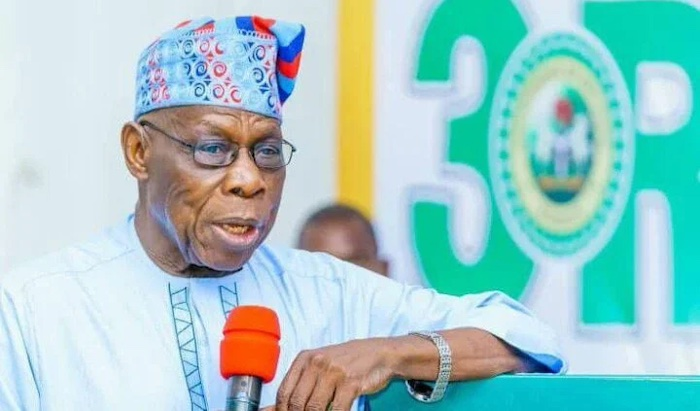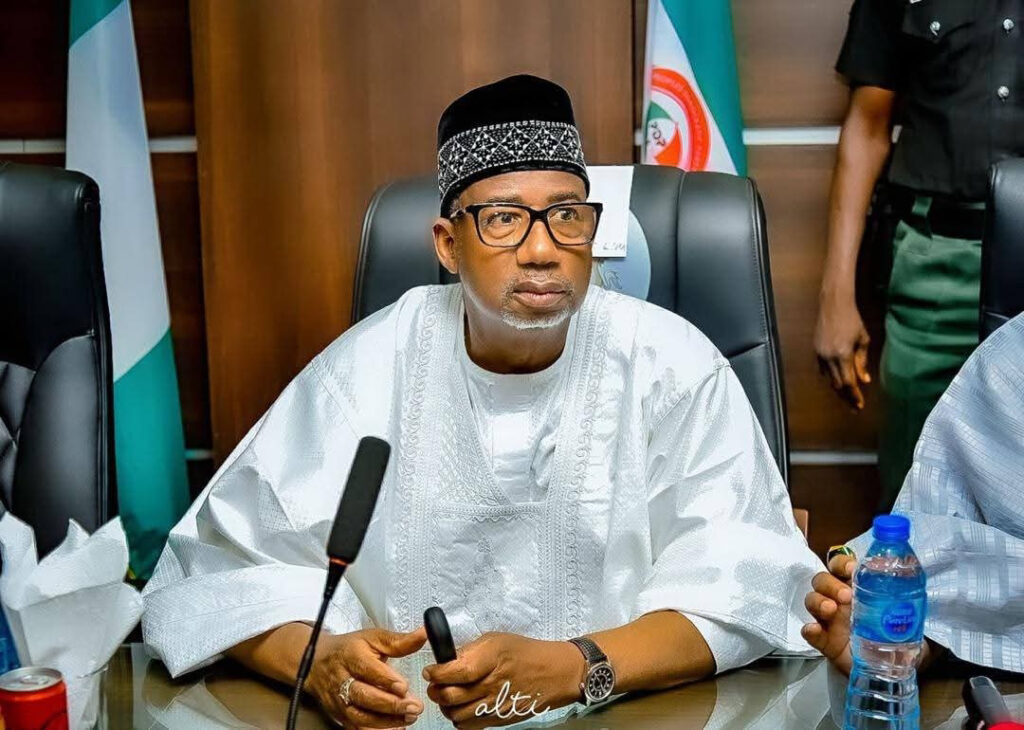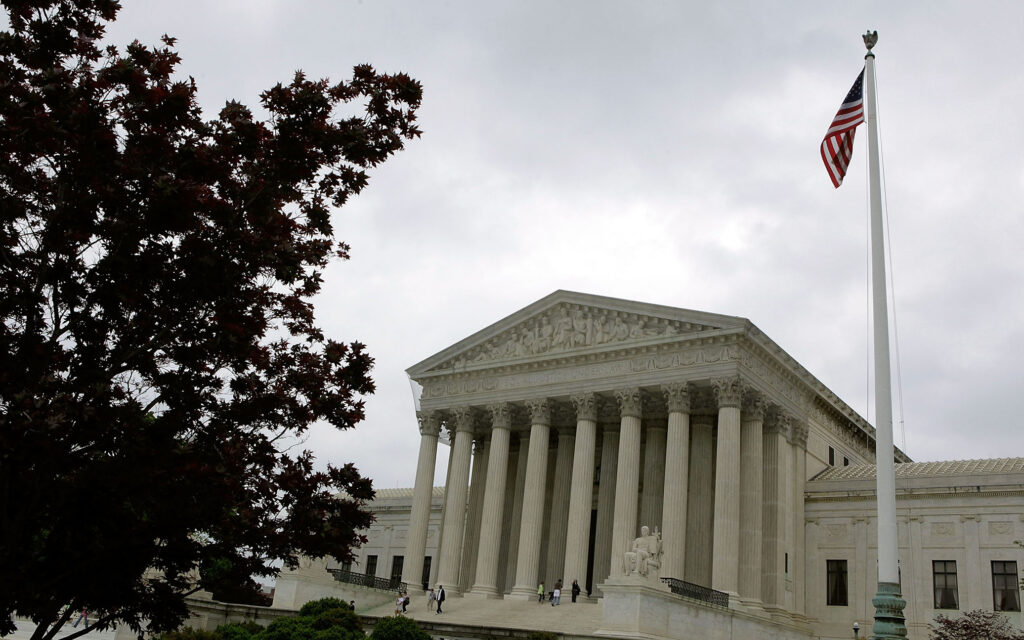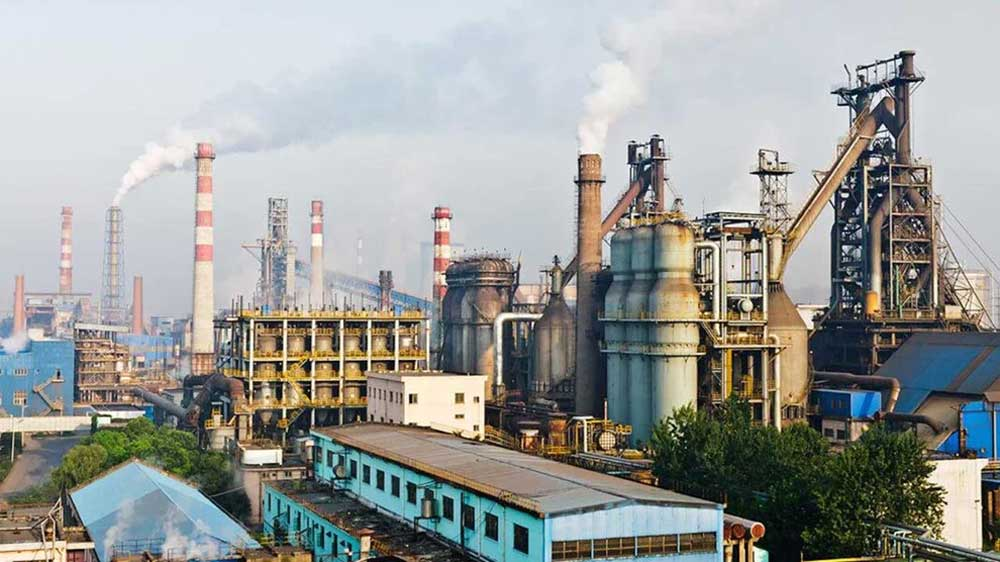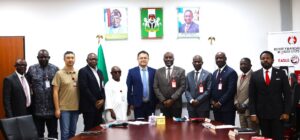Chinese President Xi Jinping is set to visit Shanghai this week, according to two sources familiar with the plans, in a move aimed at showcasing China’s leading international financial hub amid rising economic pressure from the ongoing trade war with the United States.
The visit to Shanghai—home to Tesla’s largest global manufacturing plant—comes as senior Chinese officials step up efforts to project confidence in the country’s economic resilience, despite the impact of U.S. President Donald Trump’s newly imposed 145% tariffs. The Chinese leadership has maintained that the world’s second-largest economy is strong enough to weather the storm, even as its export sector remains under strain.
The State Council Information Office, which handles media inquiries for the Chinese government, did not respond to requests for comment regarding the trip.
Alfred Wu, a China specialist at the National University of Singapore, said the visit is likely to highlight recent progress in domestic tech innovation, including the rise of AI start-up DeepSeek, launched earlier this year. However, Wu said it was unlikely Xi would directly address the economic toll of the trade war. “Based on our observations of Xi, he would not want to show any weakness,” Wu noted.
Last week, the International Monetary Fund downgraded its global growth outlook, citing the drag from escalating U.S. tariffs, now at their highest levels in a century. China, the U.S., and other major economies were all impacted by the revised projections.
Although China has worked to reduce its dependence on U.S. markets since Trump’s first term, efforts to redirect exports toward domestic consumption or alternative markets have struggled amid tepid internal demand.
In response to the latest wave of U.S. tariffs, Beijing announced countermeasures including tariffs of its own and new restrictions on critical trade materials such as rare earth elements used in industrial magnets.
While the Trump administration has expressed some willingness to ease tensions, fundamental disagreements between Washington and Beijing continue to stall any path toward a meaningful resolution.














